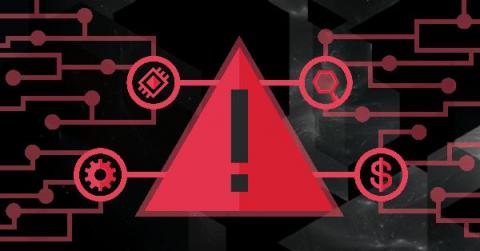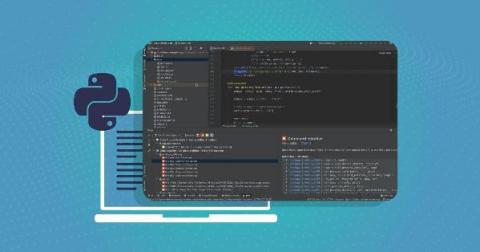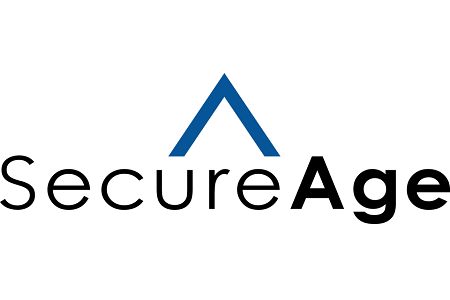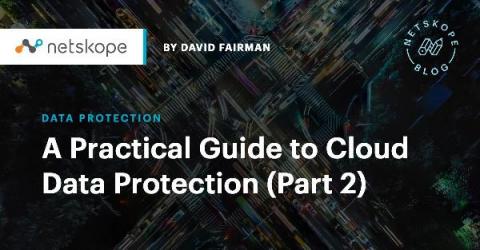7 Internet of Things Threats and Risks to Be Aware of
The internet of things (IoT) is a highly developed space that is home to a vast amount of sensitive data, making it a very attractive target for cybercriminals. Threats and risks continue to evolve as hackers come up with new ways to breach unsecured systems -- posing a threat to the ecosystem itself. Let’s take a look at the leading threats and risks to the IoT and the associated vulnerabilities that must be secured.









